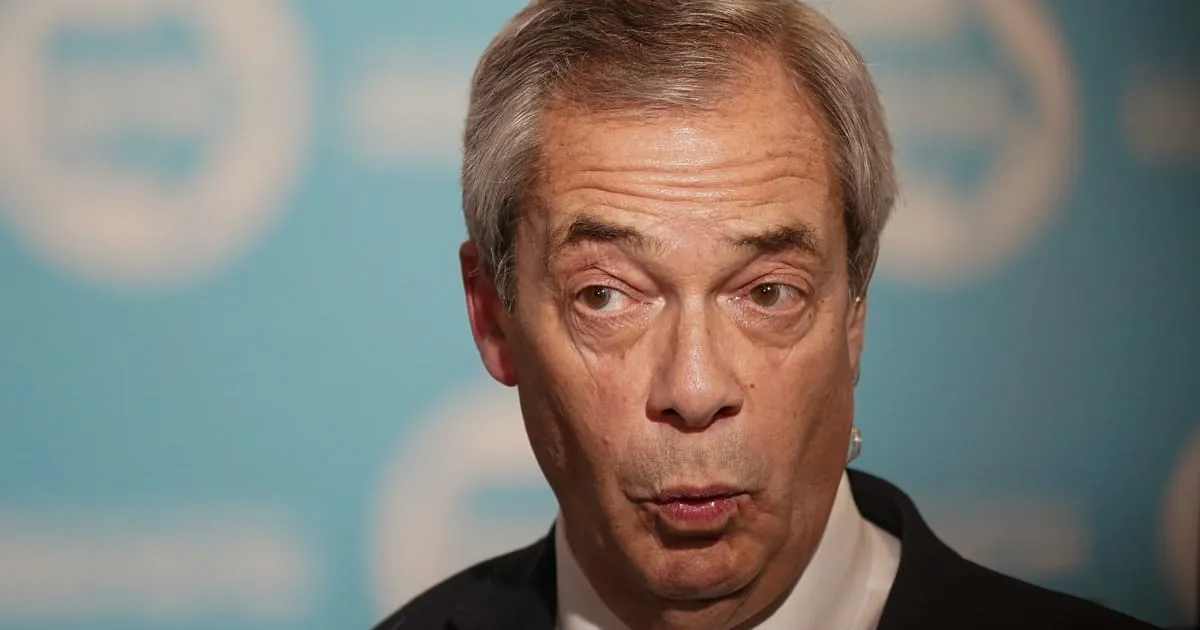
LONDON — Nigel Farage, the leader of Reform UK and a close ally of former President Donald Trump, ignited controversy on Monday after suggesting that Ukrainian President Volodymyr Zelenskyy would have made a better impression during his meeting with Trump if he had worn a suit. Farage criticized the U.S. president for being “incredibly old-fashioned” about attire in the Oval Office and implied that Zelenskyy’s choice of clothing may have provoked Trump’s emotional response regarding U.S. support for Ukraine during their recent encounter.
Speaking on LBC, Farage stated, “If I turned up at the White House, I’d make sure I was wearing a suit, my shoes were cleaned.” He characterized Zelenskyy’s decision to dress casually as unwise, suggesting that it showed a lack of respect for Trump, who is known for his traditional views on formal attire. “Lots of times Trump said ‘yeah, good shoes, great shoes,’” Farage noted, emphasizing that dressing appropriately could contribute to a positive dialogue.
Since the onset of Russia's full-scale invasion of Ukraine in 2022, President Zelenskyy has consistently donned military-style clothing to express solidarity with Ukrainian troops and to remind the international community of the ongoing conflict. During his recent meeting with Trump, Zelenskyy wore a black sweatshirt featuring the Ukrainian trident, a symbol of national pride. When questioned by Brian Glenn, Chief White House Correspondent for Real America’s Voice, about his choice of attire, Zelenskyy stated he would wear formal clothing once the war had concluded. Farage, however, remarked that “there are times to wear it. There are times not to,” indicating his belief that formal attire would have been more appropriate for the occasion.
Farage’s comments have drawn sharp criticism from various political figures in Britain. Shadow Foreign Secretary Priti Patel condemned Farage’s remarks as “both morally wrong and diplomatically counterproductive,” arguing that in such a precarious global environment, it is essential for politicians to prioritize national interests over political maneuvering. “At this uncertain and dangerous time, one would hope that MPs of all stripes would be putting our national interest first,” Patel stated.
Additionally, Ed Davey, the leader of the Liberal Democrats, also criticized Farage, describing him as “Trump’s own spokesman here in Britain.” Davey commended Zelenskyy for demonstrating “courage and integrity” during his meeting with Trump, contrasting it with Farage’s comments, which he labeled as a “cowardly approach.”
As the debate continues, Farage’s remarks have highlighted the intersection of politics and diplomacy, raising questions about the importance of attire in international relations. The backlash from both sides of the political spectrum illustrates the sensitivity surrounding U.S.-Ukraine relations and the ongoing conflict in Ukraine, as leaders navigate a complex global landscape.